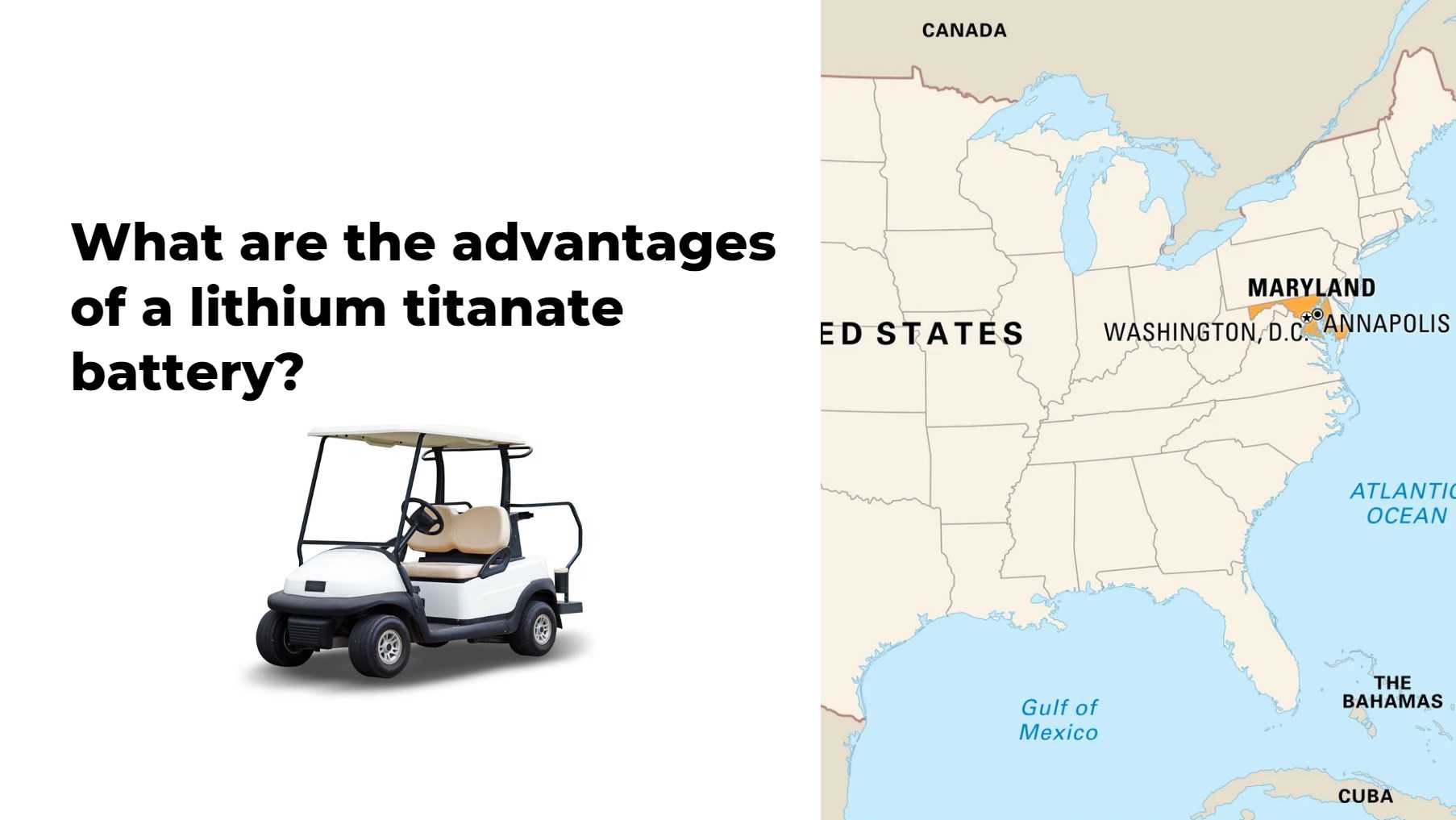In Maryland, golf carts and low-speed vehicles (LSVs) have distinct legal requirements that ensure safe use on public roads. Golf carts are generally restricted to private property, while LSVs can operate on roads with speed limits up to 30 mph if registered, insured, and equipped with essential safety features. Compliance with local ordinances and state regulations is essential for legal and safe operation.
What Are the Key Laws Governing Golf Carts in Maryland?
Maryland law distinguishes between standard golf carts and low-speed vehicles. Golf carts are not classified as motor vehicles under state law and are primarily limited to private property. Public road use is only allowed where local authorities explicitly permit it. Understanding the local ordinances is critical, as municipalities may set additional rules or restrictions.
| Law Aspect | Description |
|---|---|
| Public Road Use | Allowed only if designated by local authorities |
| Definition | Golf carts are not considered motor vehicles |
What Defines a Low-Speed Vehicle (LSV) in Maryland?
A low-speed vehicle is a four-wheeled motor vehicle capable of speeds between 20 and 25 mph. LSVs are subject to federal safety standards, registration, and insurance requirements, making them suitable for limited public road use. Operators must have a valid driver’s license to legally drive an LSV.
Wholesale lithium golf cart batteries with 10-year life? Check here.
| Definition | Criteria |
|---|---|
| Speed | 20–25 mph |
| Registration | Required for public road operation |
Where Can Golf Carts and LSVs Legally Operate?
Golf carts are usually confined to private properties but may operate on certain public roads if allowed by local law. LSVs can be driven on roads with speed limits up to 30 mph, provided they meet safety standards and registration requirements.
| Vehicle Type | Allowed Locations |
|---|---|
| Golf Carts | Private property; select public roads with local approval |
| Low-Speed Vehicles | Public roads with speed limits ≤ 30 mph |
What Are the Registration and Insurance Requirements for LSVs?
All LSVs must be registered with the Maryland Department of Motor Vehicles (DMV) and carry mandatory liability insurance. These regulations ensure that operators are covered in case of accidents on public roads.
Want OEM lithium forklift batteries at wholesale prices? Check here.
| Requirement | Details |
|---|---|
| Registration | Mandatory for all LSVs |
| Insurance | Liability coverage required |
What Safety Equipment Is Required for Low-Speed Vehicles?
Maryland mandates that LSVs include headlights, taillights, turn signals, windshields, and seat belts. These features ensure that LSVs comply with basic safety standards for public road operation.
| Safety Equipment | Requirement |
|---|---|
| Headlights | Required |
| Taillights | Required |
| Turn Signals | Required |
| Windshield | Required |
| Seat Belts | Required |
How Do Local Ordinances Affect Golf Cart Operation?
Local municipalities can impose additional regulations on golf cart use, including road access restrictions, required safety equipment, and permits. It is important to consult local authorities before driving a golf cart on public streets.
Are There Recent Updates to Maryland’s Golf Cart and LSV Laws?
Recent legislation allows counties and municipalities to designate roads for golf cart use. Carts with approved lighting can operate between dawn and dusk on roads with speed limits of 30 mph or less. House Bill 234 strengthens penalties for negligent driving, ensuring greater protection for operators and pedestrians.
How Do Golf Carts Differ from Low-Speed Vehicles in Maryland?
Golf carts are generally limited to speeds of 20 mph and private property use, whereas LSVs can reach 20–25 mph and must comply with registration, insurance, and federal safety standards. LSVs are street-legal on qualifying roads, while standard golf carts are not.
| Feature | Golf Cart | Low-Speed Vehicle (LSV) |
|---|---|---|
| Street Legal | No | Yes, on qualifying roads |
| Max Speed | Up to 20 mph | 20–25 mph |
| Registration | Not required | Required |
| Insurance | Not state-mandated | Required |
| Safety Standards | None | Must meet FMVSS |
| Road Limit | 30 mph or less (local) | 30 mph or less |
| Driver’s License | Yes, if on public road | Yes |
Redway Expert Views
Maryland’s evolving regulations for golf carts and low-speed vehicles highlight the importance of compliance and safety,” says a Redway Battery expert. “Operators must stay informed about state laws and local ordinances to ensure legal and secure operation. With proper registration, safety equipment, and insurance, LSVs can provide an efficient, environmentally friendly way to navigate communities while maintaining peace of mind for users and pedestrians alike.”
Conclusion
Maryland laws differentiate clearly between standard golf carts and low-speed vehicles. While golf carts are mostly restricted to private property, LSVs offer legal, street-ready mobility when registered, insured, and equipped with necessary safety features. Operators should always check local ordinances and maintain compliance with state laws. Redway Battery emphasizes using high-quality, reliable batteries to enhance safety, performance, and longevity of electric LSVs.
FAQs
Can I drive my golf cart on public roads in Maryland?
Only if local authorities permit it; otherwise, golf carts must remain on private property.
What is the maximum speed limit for low-speed vehicles?
LSVs can operate on roads with speed limits up to 30 mph.
Do I need insurance for my low-speed vehicle?
Yes, liability insurance is mandatory for all registered LSVs.
What safety features must an LSV have?
It must include headlights, taillights, turn signals, a windshield, and seat belts.
How old must I be to drive an LSV or golf cart?
A valid driver’s license is required for public road use of LSVs. Golf carts on private property do not have a strict age requirement but minors should be supervised.






